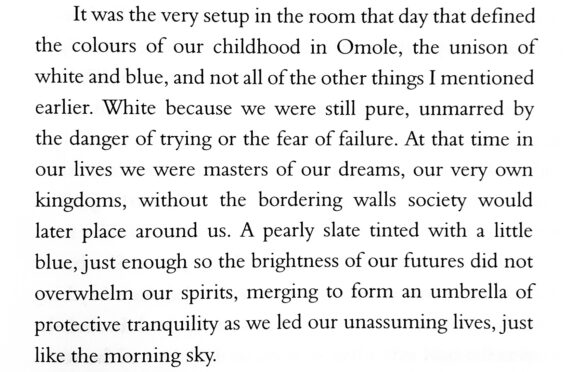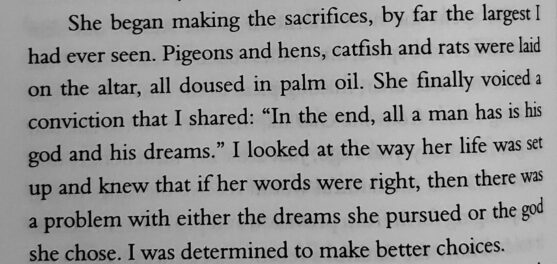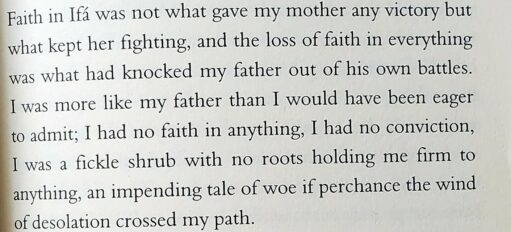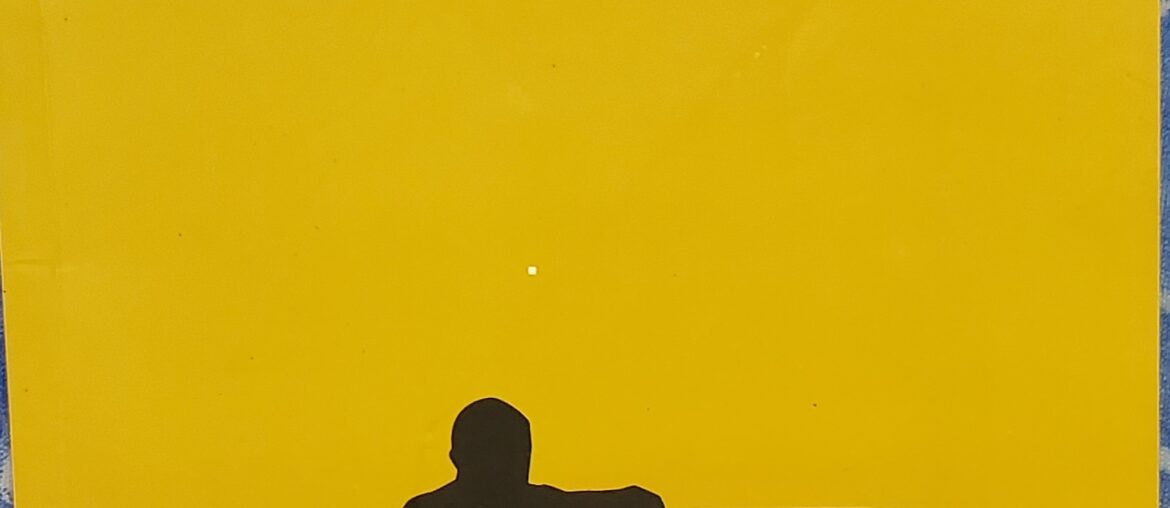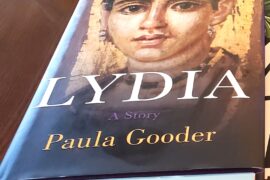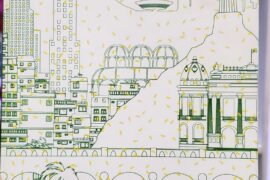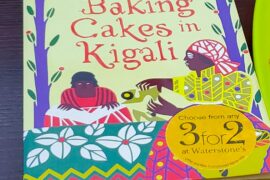Prince of Monkeys reminds me of a conversation I stumbled on a few months back on Twitter. In describing a particular fiction writer, one of the tweets said that there are three types of fiction writers; those who are good writers, those who are good storytellers and those who are excellent at both. Obviously, the last group are an esteemed class and very few. Most fiction writers fall into one of the first two groups. Reading Prince of Monkeys over the last few days, I was reminded of that categorization.
Prince of Monkeys is an incisively dense debut set in Nigeria (mostly Lagos and Enugu) between the mid-80s and late 90s. It follows the lives of four teenagers (actually five if you count Zeenat); Ihechi, Maradona, Mendaus and Pastor’s son. In Prince of Monkeys, they come of age with the military rule and insincere transition to democratic rule in the background. The change in the polity mirrors the changes in the lives of these 4 teenagers. The forming, reforming, adapting and readapting all make for lives in flux and society in a similar flux. They question the decisions that have been made for them by their parents, interrogate their biases and reexamine their political choices in the context of all the changes around them. In all of these changes, they reevaluate their friendships while testing the bonds that glue them together.
Ihechi and his friends come of age as they begin to question the spiritual identities they have inherited from their parents. The search for clarity and conviction is not limited to spiritual beliefs but also sought in sexuality, the pursuit of wealth and political aspirations. Nnamdi Ehirim writes lyrically. His prose, taken in isolation is like butter to bread. However, the excessive use of metaphors and seemingly intellectual jargons distract from the narrative flow. Also, there is way too much going on in the book that makes for a relatively dense read for such a simple plot. I get the feeling that if the author had addressed fewer topics, the narratives would have been tidier. While the portrayal of the Nigeria of a middle-class Gen Z is realistic, the pacing and metaphor-laden prose make it a decent but not spectacular read.
3/5 